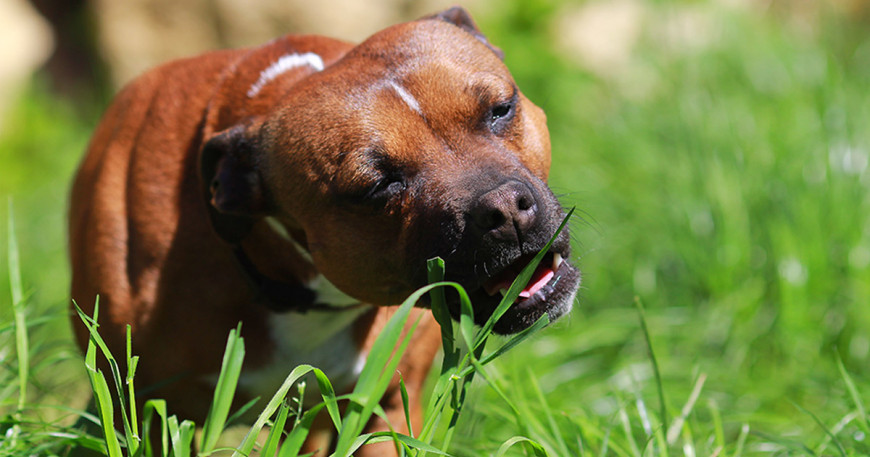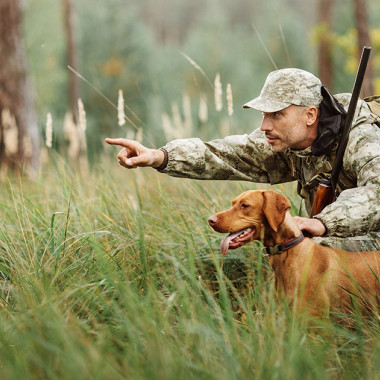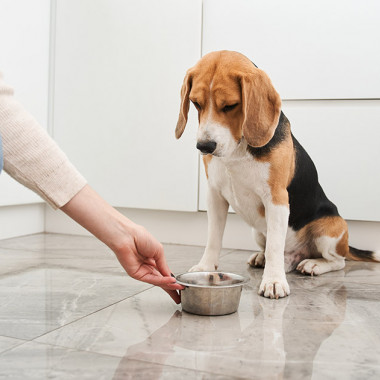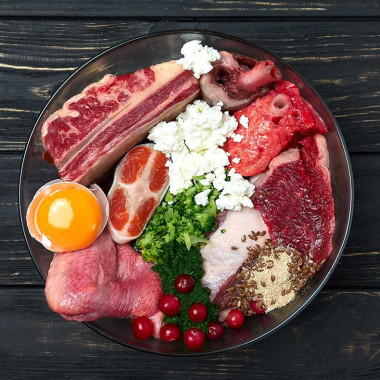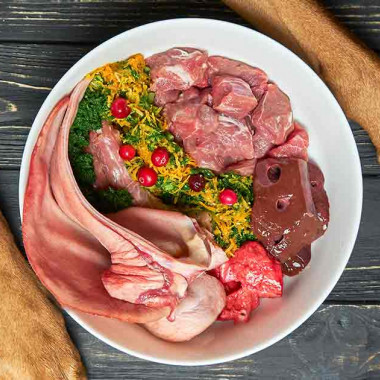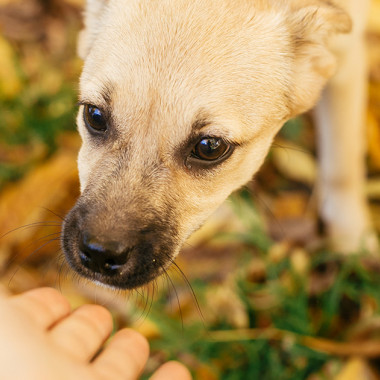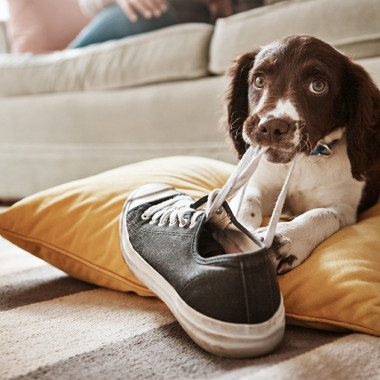Vomiting is as unpleasant as diarrhea. It doesn't always indicate a serious problem and can sometimes be a natural reaction of the body. Vomiting can be caused by various reasons, which may or may not be serious. It can be either occasional or chronic, where dehydration and exhaustion of the body become a risk. It's important to classify the issue correctly and avoid panicking.
When does vomiting occur?
As we've mentioned, the reasons for vomiting can be one-off, a natural response of the body. The body needs to expel something unhealthy, spoiled, or dangerous, such as foreign objects or large bones. Sometimes, food "doesn't sit well" due to the rapid filling of the stomach or the improper density of the food consumed. In these cases, there is no need to worry, but if vomiting is repeated and the dog shows other symptoms, attention is required, and it's advisable to visit a specialist. If symptoms such as fever, diarrhea, trembling, or others are not present, fasting might help. More complex problems should be left to specialists, and in this article, we will discuss the causes of normal bodily reactions. Most reasons are related to food, which can be resolved simply and effectively.
Vomiting shortly after eating
If your dog vomits shortly after eating, it is likely due to rapid consumption. Such dogs tend not to chew, and if a large piece of meat is present in the bowl, it may cause discomfort in the stomach, leading to stress. After vomiting, dogs often eat the expelled food again, which, although it may seem unappealing, should not be prevented as it is a natural reaction. The food has not yet been digested, and this behavior also occurs in the wild. To prevent vomiting caused by gulping, you need to train the dog to eat more slowly and accustom the stomach to larger pieces of food. A slow-feeder bowl may help with this, and gradually increasing the size of food pieces can also be beneficial. Initially, it's good to cut the meat into small slices so it doesn’t stress the stomach, and then gradually increase the size over time.
Bone fragments
Although a dog's digestive system is strong enough to digest bones, sometimes a piece may appear that cannot be handled. This can happen if the bones are too large and become a burden in the stomach. This is common if the transition to raw food is rushed. The digestive system may not yet be accustomed to digesting bones, causing issues with larger bone particles. This is a natural defense reaction, and there’s no need to worry. It's proof that everything is functioning properly, and the digestion system is expelling what cannot be processed. If this happens, you should take a step back and feed soft bones such as chicken necks or crushed chicken wings for one to two weeks. You can also offer ground bones to give the stomach a break. Be careful never to feed plain bones, like pork ribs, on an empty stomach as they could damage the stomach lining and cause serious problems.
Morning vomiting
Morning vomiting is likely when the diet consists only of ground meats. Raw food digests faster than kibble, and the finer and simpler the structure, the quicker it is digested. The dog will vomit bile in the morning due to an empty stomach. This situation can also occur with irregular feeding schedules or feeding only once a day. Prevention can be achieved by feeding the dog at least twice a day regularly, or adding a small snack. It's also advisable to train the dog to eat larger chunks of food and handle meaty bones. For dogs regularly on medication, it's important not to let the stomach remain empty as the medication can irritate the stomach lining, potentially leading to gastric ulcers or other issues over time.
Vomiting after eating grass
Eating grass is a common habit for most dogs. They may consume grass for the taste, out of boredom, or when their stomach feels heavy. They often choose sharp blades of grass, which may lead to vomiting after consumption. This is not a serious situation but rather a normal reaction of the digestive system. Dogs may also eat grass when they need to expel indigestible or foreign objects from their digestive tract. It’s possible that the dog may have swallowed a piece of a toy or a small stone. If foreign objects are not naturally expelled, they can stay in the stomach for weeks or months, preventing proper digestion. Therefore, if you have a dog that enjoys swallowing foreign objects, training or using a muzzle to prevent this behavior is essential. If vomiting occurs regularly (several times a week), the issue might be related to the dog's diet.
Dietary mistakes
If there’s no apparent cause for vomiting, it's best to initiate a fast. However, you must ensure the dog stays hydrated. If the stomach is so sensitive that it rejects even water, vomiting becomes a serious issue. In such cases, care must be taken to prevent dehydration by maintaining a controlled water intake. Offering small amounts of water or rehydration solutions to replace lost minerals can be helpful. Over the next few hours, the dog's condition should improve. If vomiting continues and the dog cannot hold down liquids, a consultation with a veterinarian is necessary. Once the stomach stabilizes, switch to a light diet in small portions. The food must be easily digestible and rich in nutrients. Problems in the diet could be caused by an excessive amount of bones in the meal or inappropriate types of bones. Excessive bones cause constipation, which can be very unpleasant and painful. Therefore, it's important not to exceed the recommended bone-to-meat ratio, which is 20-30% of the diet. Constipation is unpleasant and can also be extremely painful.
Each dog is different, and therefore, individual approaches must be taken when addressing problems, as well as to their diet. The composition of the meal depends on the age, activity, reproductive status, and health of the dog.
